How a former slave became a sovereign and almost destroyed the country (6 photos)
He left behind devastation and an empty treasury. 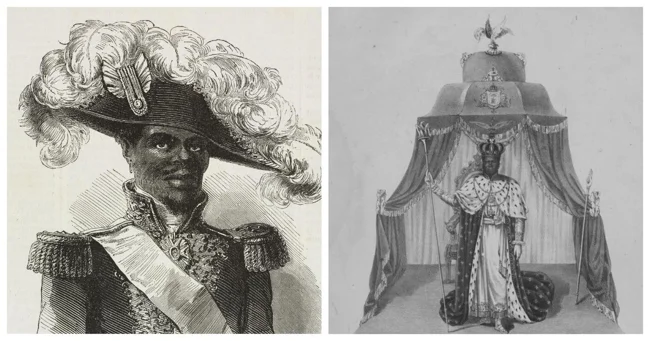
Haiti is located 100 km southeast of Cuba. On December 6, 1492, the island was discovered by the famous explorer Christopher Columbus. In 1677, Haiti came under the control of France: the newly-minted colonizers destroyed the local natives and brought slaves from Africa. They worked diligently, but then their patience ran out: the slaves rebelled and overthrew the “white masters”. Although France recognized their independence with some difficulty - only in 1825 and with the condition of paying a huge contribution. 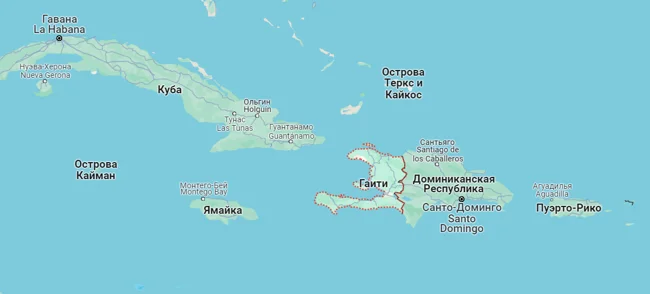
The misfortunes of the Haitians did not end there - a civil war began. Between purebred immigrants from Africa and mulattos from marriages with the French. By the way, many purebred slaves from the black continent also fought for the descendants of mixed marriages. In general, everyone fought with everyone.
Here the future ruler of Haiti appeared on the scene - Faustin-Elie Soulouque. 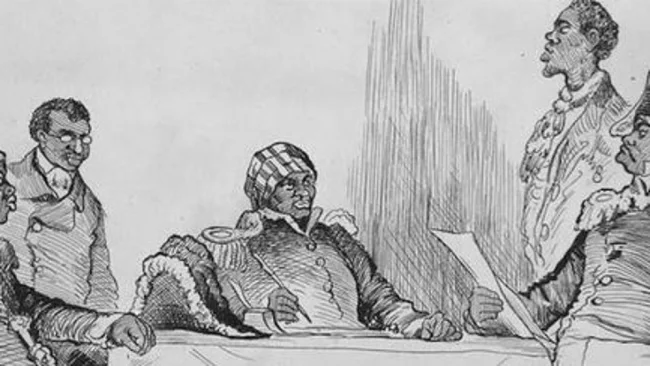
He was born in 1782, in a family of slaves. When he grew up, he managed to join the army and rose to the rank of general. It was during the time of turmoil, so promotion was fast and without any problems. Heads of state changed like gloves, the military decided to stop this and pushed Suluk into the presidential chair. It was 1847.
The first thing he did was to fight the mulattos. To do this, he organized the Haitian version of the oprichnina, and in a few years they cruelly coped with the task - they killed everyone the ruler pointed at. And the liberated land and property were divided among Faustin's henchmen. By that time, he had already declared himself emperor, took the name Faustin I and founded a personal guard. 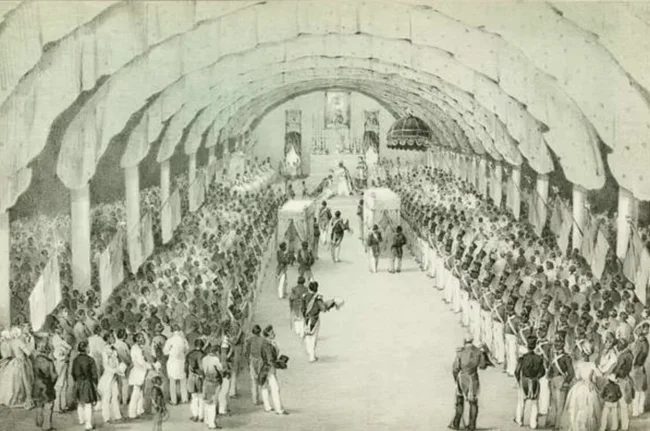
Then he got it into his head to attack the neighboring Dominican Republic, and there his army was beaten so badly that the soldiers fled almost to the imperial palace. Faustin was not embarrassed, he called the defeat "the greatest victory" and erected several monuments in his honor.
By 1852, Faustin had matured: he wore an ermine mantle and a crown with gems. He threw lavish banquets while his subjects lived in dire poverty. 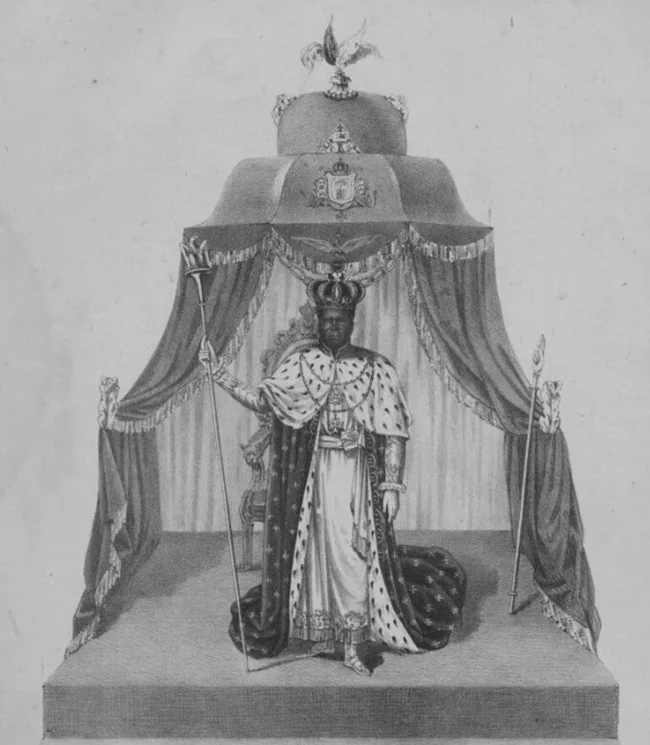
In the end, he got on everyone's nerves so much that his own generals plotted against him.
In 1859, Fabre Geffrard incited the remaining military leaders, who pulled an army to the capital and easily defeated the vaunted imperial guard. Faustin did not wait for a trial and fled the country on an English ship. 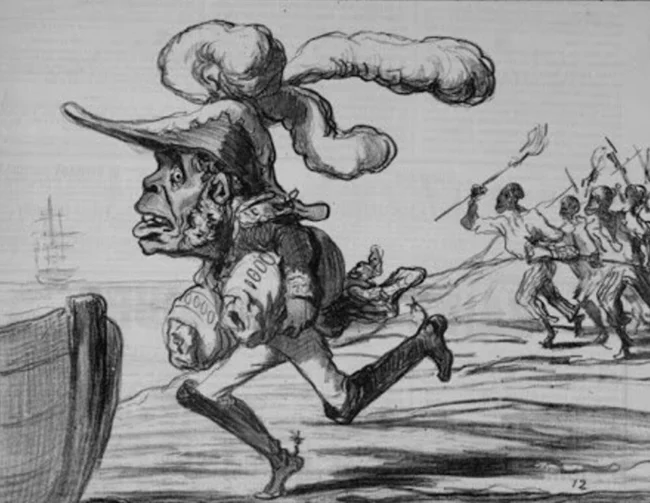
But later the new government allowed him to return and the ex-emperor showed up on the island again. Surprisingly, no one touched him and Faustin died in 1867, he was 84 years old. It is assumed that he promised the ruler of Haiti a generous reward for protection, but there is no evidence. Nevertheless, the monarch died quietly and peacefully, although a few years ago he drenched the entire country in blood and almost destroyed it.






















